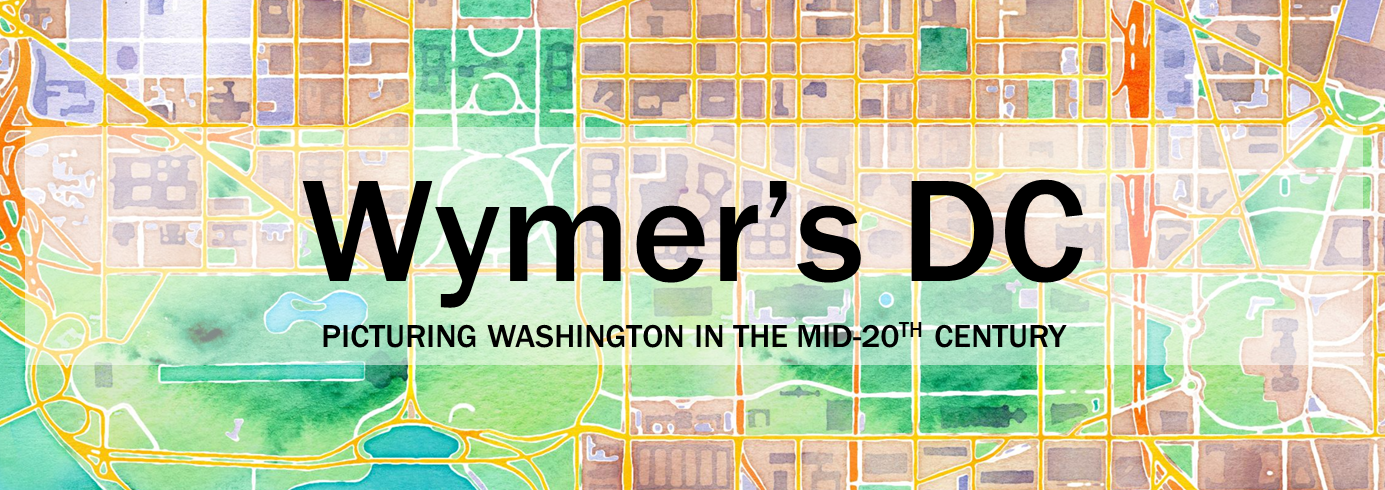The Wymer's DC team is excited to announce that it is featured in this month's exhibit, Undesign the Redline, at the Pepco Edison Place Gallery. This phenomenal exhibit was created and curated by designing the WE and their sponsorship partners (Enterprise; District of Columbia Housing Finance Agency; Georgetown University, School of Continuing Studies, Urban & Regional Planning; and Klein Hornig, LLP).
Undesign the Redline is a traveling exhibit which explores the history of the practice of redlining across the country. What is Redlining? In this case, it does not refer to the Metro line, as some Washingtonians might believe. The exhibit says it best:
Coined by sociologist and community activist John McKnight in the late 1960s, Redlining refers to the practice of denying loans or services to an area based in some part on its racial and ethnic composition. Redlining limited who could build wealth through home-ownership for generations. While its roots are traced to New Deal policies, the practice continued legally into the 1970s. Even after the passage of the Community Reinvestment Act of 1977, banks continued to engage in the practice... Dr. Mindy Fulilove refers to the suppressed history of Redlining as a 'Rosetta Stone' for understanding the current societal crises.
Check out the Undesign the Redline webpage to learn more! Also, check out these awesome digital humanity websites (Mapping Inequality and the National Community Reinvestment Coalition's Redlining Map ) which plot Redlining data for cities across the country.
How does this connect to Wymer's DC? Redlining data is usually visualized through HOLC (Home Owner's Loan Corporation) maps. Starting in 1935, 239 cities across the country (including D.C., Baltimore, and Richmond) were mapped indicating the economic risk of real estate development in various neighborhoods. The areas of "highest risk" were African American neighborhoods.
Although the HOLC maps were declassified in the 1990s, the map for D.C. has not turned up. designing the WE learned about the John P. Wymer Photograph Collection through Wymer's DC and thought it would be the perfect proxy for the city.
This collection of approximately 4,000 photographs, taken by John P. Wymer between 1948 and 1952, provide a relatively unbiased, yet systematically documented view of the city. Wymer's hand-drawn maps and descriptions of the neighborhoods he visited help tell the story that is missing with the loss of the HOLC map for D.C. His pictures provide a visual aid to the areas he describes.
Learn more about Wymer's documentation practices here. The John P. Wymer Photograph Collection is owned by the Historical Society of Washington, D.C. Images may not be reproduced without their permission.




